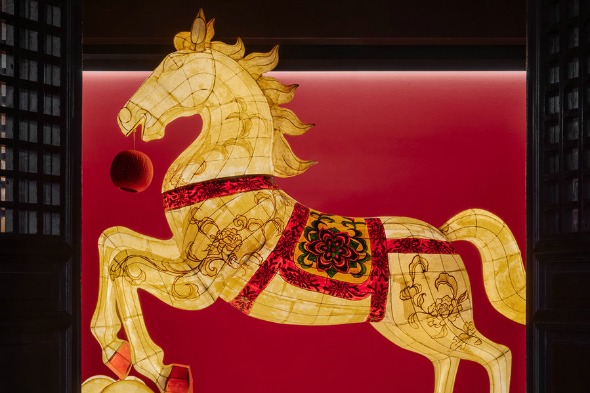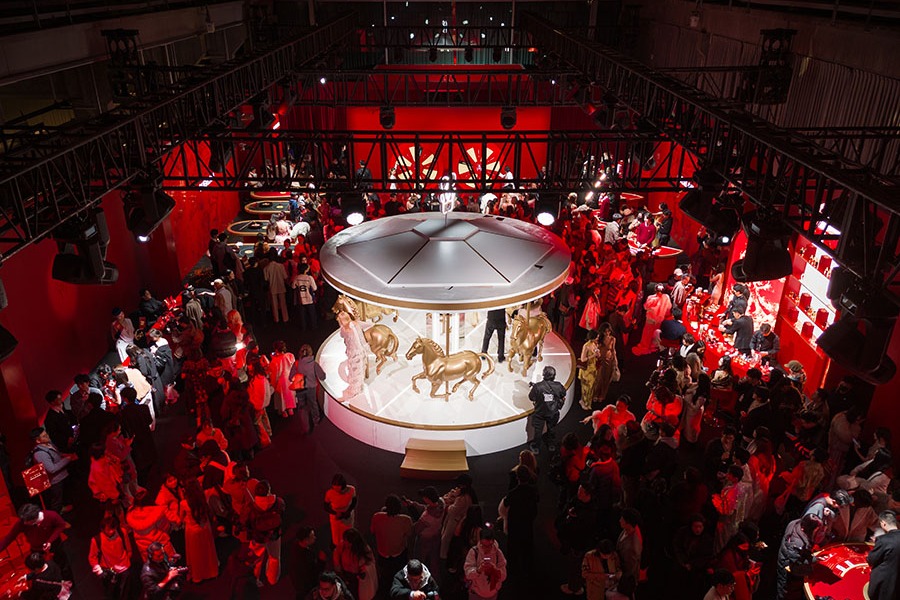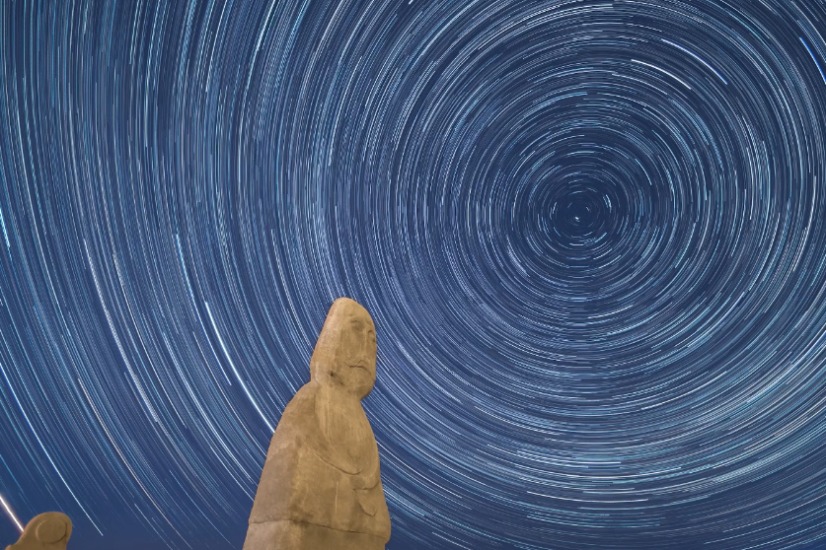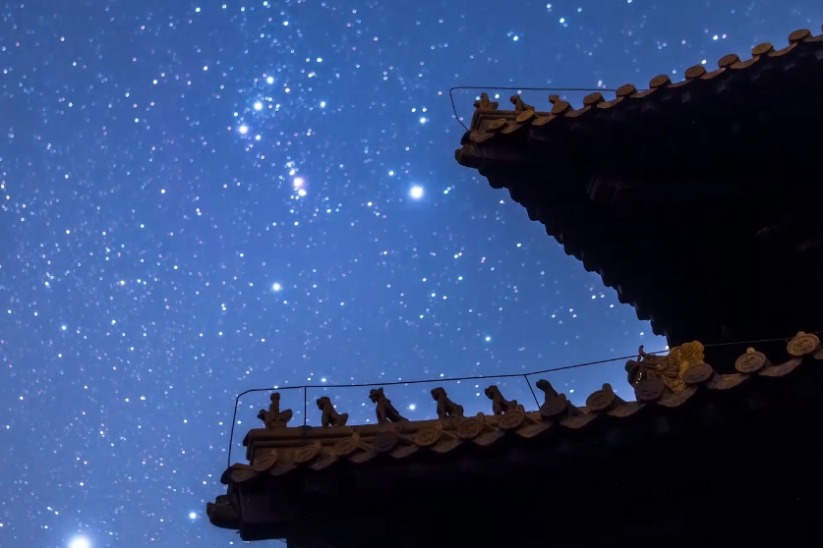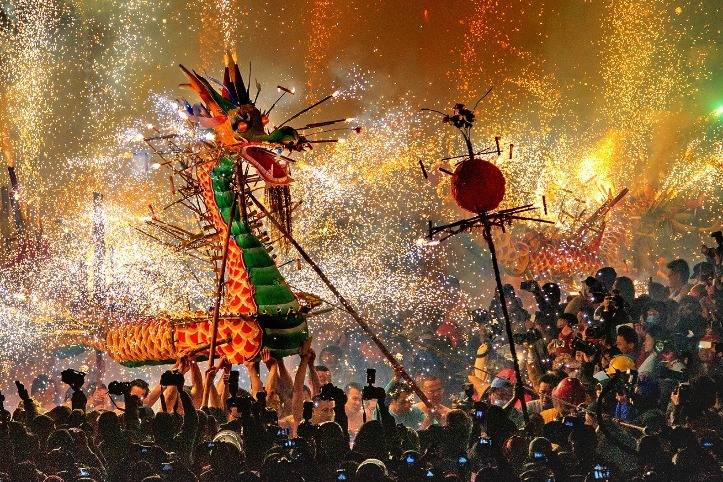Seventy-six days and counting

Many have called the Wuhanese people heroes. Do you agree – and do you consider yourselves heroes in your profession?
It wasn't only the people from Wuhan, but also all the inhabitants of Hubei, who paid a high price. Some 58 million people were cut off from the world all at once and then locked in their homes – and sometimes for two weeks straight, with a very strict lockdown and the impossibility of leaving their homes at all. They still paid a heavy price. They were particularly affected by this epidemic and of course it's quite heroic. They did it with self-sacrifice, with diligence, with an absolutely incredible awareness of the danger, which is quite commendable. There wasn't a single person on the streets and when they were asked to stay indoors, even though obviously a few people tried to rebel, the instructions were nevertheless respected. Staying indoors for so long is very abnormal.
The heroes in the city were not only the doctors, the nurses and all the people who worked in the 50 or 60 hospitals in the city day and night, but also the drivers, many of whom we met. They took incredible risks in transporting the sick and transporting civil servants. The city's deliverymen were the lifeline; they brought food or medicine to the people who were confined in their homes. Yes, these people are truly heroes because they took risks. They did it for others, even if there were also some who were requisitioned.
The doctors and nurses who came from neighboring provinces are also heroes. You have to have courage, because when you go into a hospital or one of those fever clinics, you feel like you're pushing on the devil's door… That's where the killer virus is, so it's obviously heroic and commendable.
To this day, sincerely, I am still moved. I went into a hospital today and the nurse at the reception desk, though you could barely see her face because she was covered from head to toe, you could still feel her smile. It was less tense than it might have been at the beginning of the epidemic. I left after asking her my questions and turned around and said, "Thank you for everything you've done." I almost wanted to hug her, because it's obviously very moving to see all these people who have dedicated themselves day and night to saving lives and saving the sick. After such a shock, such a tsunami, such a war, it's very moving. You want to take them all in your arms and give them a smile – unfortunately you have a mask on and you have to keep your distance.
Do we consider ourselves heroes? Certainly not. I think we are doing this job, again, for better and for worse. We cover lighter subjects, like a visit to the colorful mountains of China, but we are also here for tough stories – for a war that doesn't have a name, with an invisible killer in the city. And we also tell those human stories that are tragic, that show the gift of oneself and the beauty of humanity, because this virus is a crime against humanity. We simply did our job. I hope that tomorrow's subjects that we will work on will be lighter and more fun.
One week before going to Wuhan, we were in Bali to do a report on bamboo culture: bamboo houses, bamboo T-shirts... For sure, we're now in a completely different register. But that's the beauty of this job – entering different universes. This universe of Wuhan at the time of the coronavirus is a universe that we've never seen (and that we'll never see again, I hope), but it is absolutely incredible. It is an experience that will mark us for life, and that we will tell our children and grandchildren about.
Is there a book in preparation about your experience?
I've received requests from publishers, but I haven't answered any of them yet. It's true that we still really want to tell this story, but the television format, even if we made the stories a bit longer, for about 34 minutes, doesn't necessarily allow it. We want to extend and tell this story in a long format – so why not in a book? We'll see… For the moment, the plan is to rest and move on to something else after 84 days.
Before going back to Beijing, I'll try to walk around the city of Wuhan to see something else. It's nice to see traffic jams and people in the streets again, to see the different traces of the rich history of this city, to see the Mao museum where he crossed the Yangtze, to see the different Russian and French-British concessions, to do a bit of tourism. There's a time when we'll have to leave, but at the same time, the period of reopening is almost as interesting as the much darker period of lockdown. This reopening is also reading into the future as we watch what will happen in France, Europe and the US.
It's a very interesting period indeed. It's interesting to see the number of marriages, divorces and pregnant women, to see how these people who have been traumatised – or not – mark this return to normal life. And then obviously, from a medical point of view, to be able to learn from what the hospitals and doctors in Wuhan have been able to experience, and to see how they have solutions for France, Europe and the United States to fight the virus. China has a lot to share with the rest of the world.
"I've always thought that China is the country of the future and that one could read the future from China, and it turns out that what happened in Wuhan happened later in Southeast Asia and then in Italy, Spain, France and the United States."


















